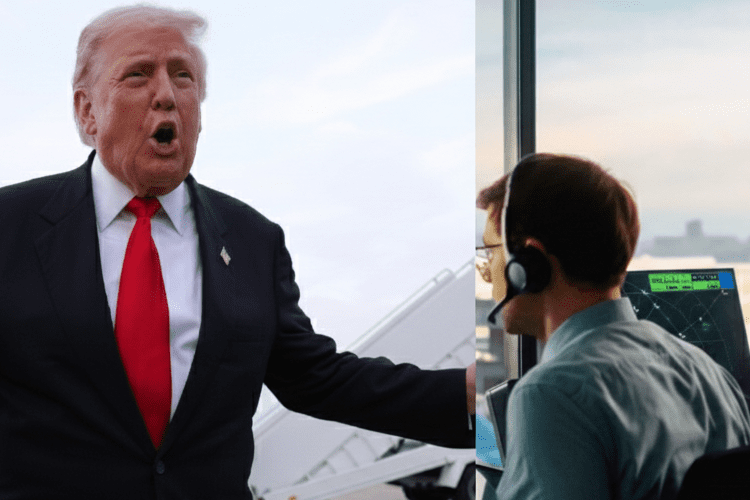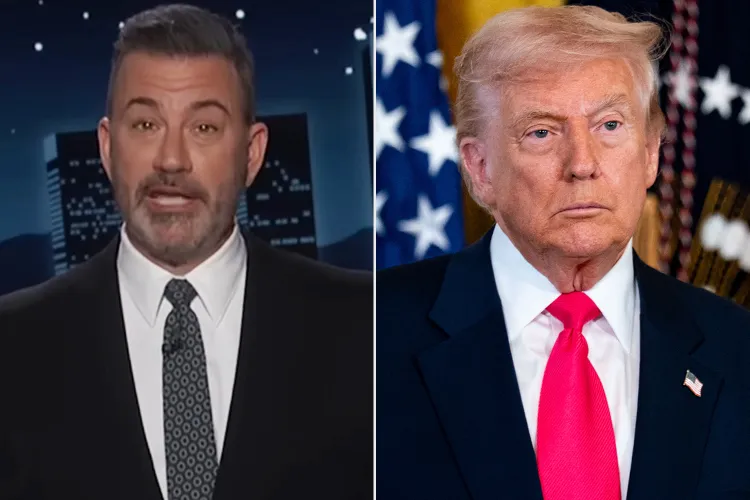From Unpaid Shifts to Well-Deserved Windfall: The Touching Tales of 776 Air Traffic Controllers Receiving $10,000
High above the patchwork quilt of America’s heartland, where the golden fields of Kansas give way to the twinkling lights of Chicago’s skyline, 38-year-old air traffic controller Mia Reynolds guides a Delta flight through the crisp November air, her voice a steady beacon amid the static of radar scopes and radio chatter. At her console in the Chicago TRACON, surrounded by screens flickering with blips of 50 souls aloft, Mia’s hands dance across dials with the grace of a pianist, directing a 737 through crosswinds that could turn turbulence to terror. It’s a job that demands perfection—one missed call, one delayed vector, and families waiting at gates could face heartbreak instead of hugs. But for Mia, who clocked 21 unpaid days during the brutal 2025 government shutdown, that perfection came at a price: ramen dinners stretched thin for her two young sons, her husband’s overtime in a warehouse barely bridging the gap, and nights where sleep evaded her like a wayward signal. “Every shift felt like juggling fire,” she confides over a lukewarm coffee in the break room, her uniform rumpled from a 10-hour red-eye, eyes shadowed but sparkling with quiet resolve. “I wasn’t going to let politics ground those planes—or the people on them.” On November 21, 2025, as President Donald J. Trump made good on a promise forged in the fires of that fiscal fiasco, Mia’s phone buzzed with the news: a $10,000 bonus check en route, one of 776 heading to air traffic controllers and technicians who’d manned their posts through the “Schumer Shutdown” without a single absence. For Mia and her family, it’s more than money—it’s a hug from the heavens, a heartfelt nod to the unsung sentinels who kept the nation’s wings aloft when Washington grounded itself in gridlock.
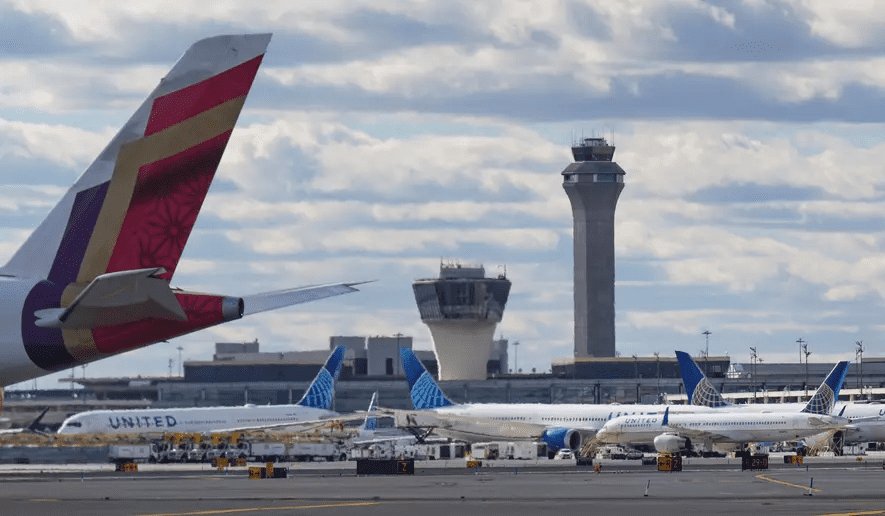
The announcement, delivered with Trump’s trademark flair during a Rose Garden ceremony flanked by Transportation Secretary Sean Duffy and FAA Administrator Mike Whitaker, wasn’t just policy— it was poetry, a presidential pat on the back for the patriots who’d shouldered the shutdown’s storm without flinching. “These incredible men and women never missed a beat and kept the flying public safe throughout the shutdown,” Duffy said, his voice thick with the sincerity of a man who’s traded Fox News anchor desks for Cabinet chairs, his arm around a controller from Atlanta whose eyes glistened under the garden’s autumn sun. The 43-day standoff—the longest since the 1995 Gingrich-Clinton clash—had idled 2 million feds, but not these 776: controllers in towers from Honolulu to Houston, technicians tuning radars in remote Alaska outposts, all deemed essential and thus unpaid, their loyalty a lifeline for 45,000 daily flights carrying 2.5 million passengers. Trump’s order, fulfilling a November 10 vow amid the shutdown’s ashes, channels $7.76 million from the FAA’s contingency fund, checks cut by December 9 to honor “perfect attendance” through the ordeal. “They deserve it—big league,” Trump boomed, his grin wide as the Rose Garden roses, a stack of mock checks fanned like playing cards for the cameras. For Mia, watching from her TRACON perch, the words landed like a cleared runway: “It’s validation. We weren’t just working—we were warriors.”
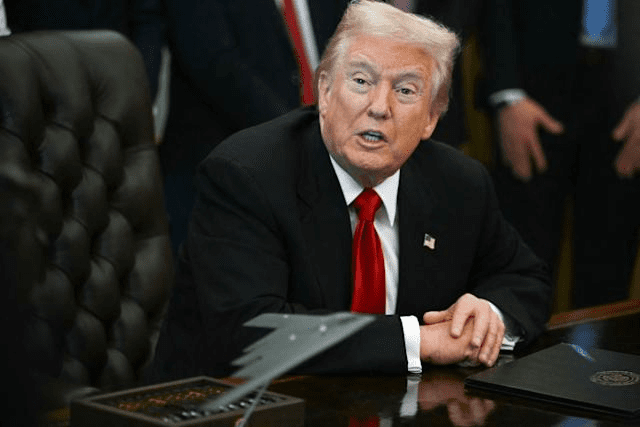
Mia’s marathon through the madness began not with fanfare, but with the frantic ping of her pager at 2 a.m. on October 1, the shutdown’s siren song pulling her from bed to briefings, her husband, Javier, kissing her goodbye with a whispered “come home safe.” As Senate Democrats, led by Chuck Schumer, dug in against Trump’s $2 trillion spending cap— a bid to rein in what he called “wasteful woke pork” on green energy and foreign aid—the skies stayed open, but at a human cost. Controllers like Mia pulled 12-hour doubles, their scopes crammed with delays from grounded military flights, the FAA’s 18,000-strong workforce a thin blue line holding back the backlog. “We joked it was the ‘pronoun Olympics’ shutdown—Schumer’s stand on DEI mandates while we dodged burnout,” Mia recalls, her laugh light but laced with the weariness of weeks without weekends. Javier, a warehouse lead whose shifts swelled to cover furloughed feds, scraped by on savings and side gigs, their boys, 7 and 9, asking why Mommy’s home less and Daddy’s dinners are takeout. The family’s fridge, stocked with PB&J staples, became a bulletin board of resilience—IOUs for field trips, coupons clipped like confetti. “Christmas felt like a question mark,” Mia admits, her fingers tracing a crayon drawing from her eldest, a wobbly plane with “Safe Flights Mom” scrawled below. Duffy, the Wisconsin Republican whose shutdown scars run deep from his 2014 House run, gets it: “These folks are the unsung—putting country over paycheck, skies over sleep.”
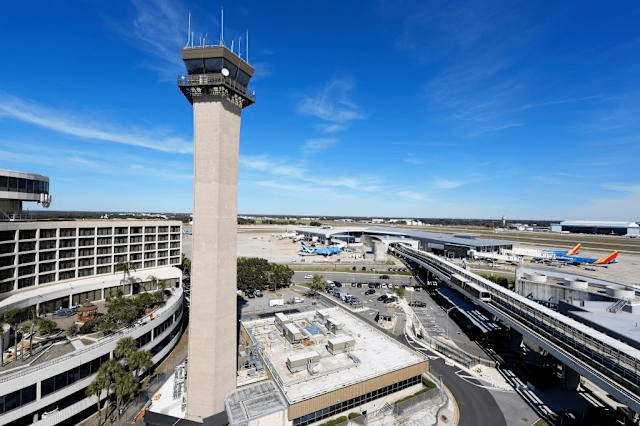
The bonuses, formalized in FAA Order 3900.19D, aren’t retroactive riches but righteous recognition, a $10,000 token for the 776 who’d logged 100% uptime through 43 days of dysfunction. “They earned every penny—kept America moving when D.C. stalled,” Whitaker said at the signing, the FAA head whose tenure began with a near-miss crisis over Boeing doors now basking in bipartisan backslaps. The checks, processed through the Treasury’s contingency kitty, hit accounts by December 9, a holiday haste that Trump touted as “making spirits bright—literally.” For controllers in remote towers like Alaska’s Bethel, where blizzards and bears test resolve, it’s a windfall that warms more than wallets: technician Lena Kowalski, 35, plans a family trip to Disneyland, her perfect attendance a shield against the shutdown’s shadow. “I missed my girl’s birthday—worked through tears,” she shares via email from the frozen north, her words a window into the will that won the skies. Duffy, the ex-banker turned Cabinet crusader, sees in them the American essence: “Patriots who punch the clock for the public good—no fanfare, just fortitude.”

Yet the gesture, golden as it gleams, glints with the grit of a government still grappling with its ghosts. The shutdown, dubbed “Schumer’s Folly” by Fox faithful for the Senate minority leader’s stand on $500 billion in “essential” spending—from Ukraine aid to climate credits—left scars that linger like contrails in the clouds. Feds like Mia faced unpaid bills and pinched pantries, 800,000 essential workers toiling without Treasury direct deposits, their loyalty a loan the nation now repays. Trump’s promise, floated October 15 amid the impasse, was a beacon in the budget black hole: “When we win—and we will—these heroes get $10K each.” Critics carp at the cost—$7.76 million a drop in the $6.1 trillion federal bucket—but for Kowalski, it’s priceless: “That money? It’s my kids’ Christmas, my peace of mind.” The FAA, under Whitaker’s watch, has hailed the effort as morale magic, recruitment up 15% since the thaw, controllers citing the “Trump thank-you” as a tonic to burnout rates that hit 40% pre-shutdown.
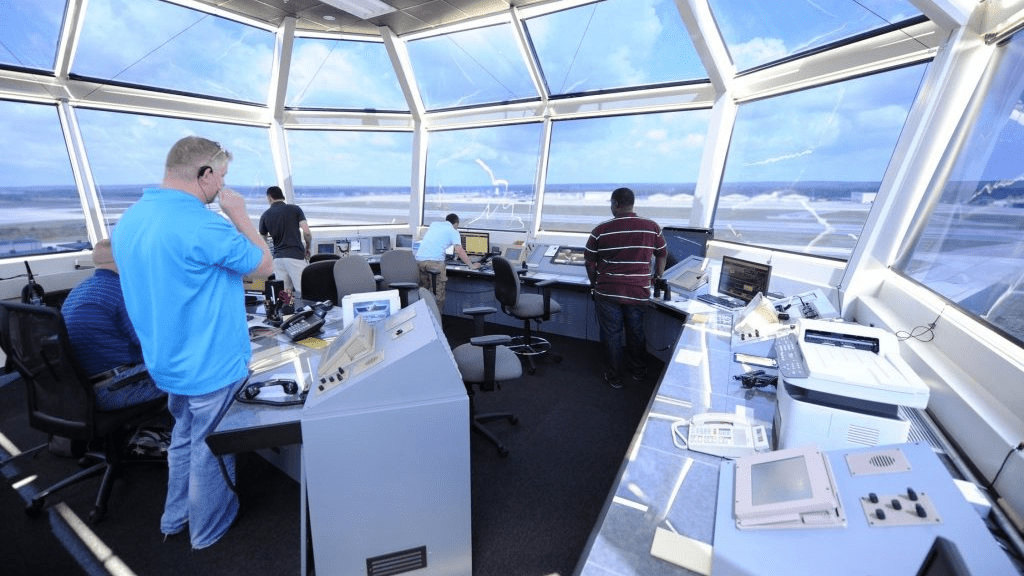
The human tapestry unravels in threads like Mia’s, but it weaves wide across the nation’s runways and radar rooms. In Atlanta’s busy hub, 42-year-old veteran controller Raj Patel pulled 14-hour marathons, his Indian-American roots a reminder of the diverse hands guiding the skies—1 in 5 controllers people of color, per FAA diversity drives. “My wife’s a nurse—double shifts for us both, ramen for the family,” Raj recalls, his accent warm over a virtual coffee, the shutdown a shared scar with colleagues from Tokyo transplants to Texas natives. Patel’s bonus? A down payment on a home near Hartsfield-Jackson, a dream deferred by the furlough fog. Duffy, whose Wisconsin winters taught him the value of a warm meal, gets the grind: “These are the folks who land your flight after a funeral, guide your honeymoon jet through storms. They deserve the stars.” Trump’s nod, rooted in his first-term airline bailouts that saved 100,000 jobs, reaffirms the bond: a leader who sees in controllers the quiet captains of commerce, their scopes a symbol of steady hands in unsteady times.
As December’s dawn breaks over Phoenix patios and Des Moines diners, these bonuses beam like runway lights—a beacon of gratitude in a government game too often graded on grudges. For Esposito, stirring her sugar with renewed relish, it’s mornings made meaningful; for Patel, a perch on the property ladder. In a land of liftoffs and landings, where every flight is a faith in the unseen, Trump’s $10K thank-you soars as a story of solidarity—a president’s promise kept, a people’s pride lifted, one check at a time.
